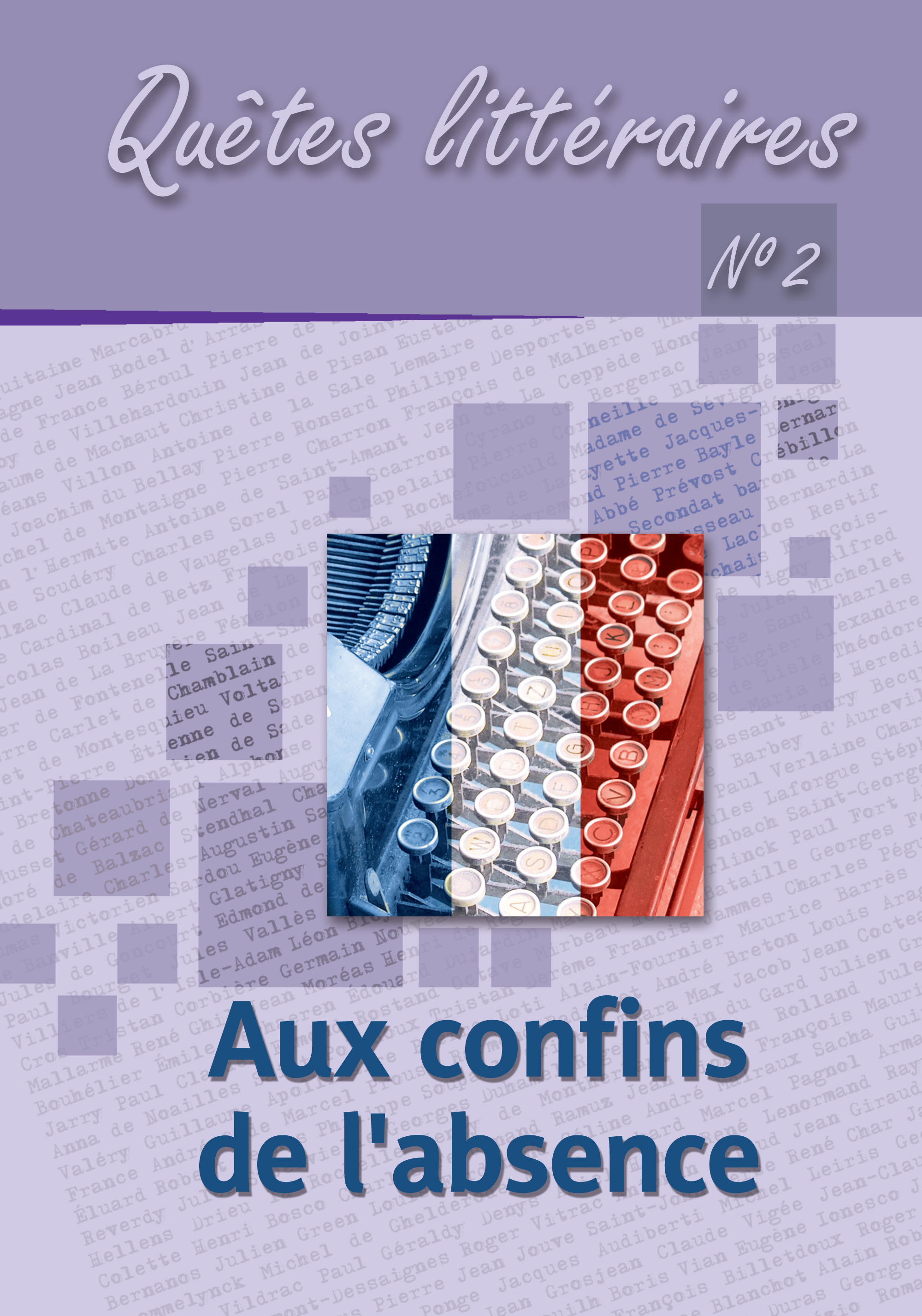Novecento, celui qui n’existait pas
Novecento, a man, who has never existed
Author(s): Krystyna MiazgaSubject(s): Language and Literature Studies, Literary Texts, Studies of Literature, Comparative Study of Literature, French Literature, Theory of Literature
Published by: Katolicki Uniwersytet Lubelski Jana Pawła II, Instytut Filologii Romańskiej & Wydawnictwo Werset
Keywords: absence – presence; music; hybridity; contradictions
Summary/Abstract: The division of the article into three parts represents the three phenomena of absence present in Novecento,a work of Alessandro Baricco. First, the author discusses the peculiar existence of a main character, which, on the internal level of the story told in the book, is full of absence. On the external level, the author focuses on the manner of narration and stage performance (didalscalia). His second scope of interest is the lack of author’s unanimous statement concerning the text genre, as well as the interspersion of important elements of drama, theatre and both, pure narrative and music forms. This, recently quite popular phenomenon, has been called hybridity. It allows the juxtaposing of contrasts, joining of contradictions and departures from the accepted specific rules in favour of artistic generic disarray. Moreover, this part of the paper stresses the difference between the original title and its French translation. The extra information added in the French version highlights the lack of precision in the original title. This significantly influences the readers’ choice. The third phenomenon discussed in the article is music. It has its special place among Baricco’s works. In Novecento, music is the second, after the pianist, protagonist. It can be even treated as equally important. However, the lack of a musical code (a proper way of communication) reduces the domination of music. By using a linguistic sign, the author gave music an important function – being the catalyst and medium between what exists but cannot be seen and what can be felt but cannot be expressed in words. Absence, perceived by human senses and the inadequacy of verbal expression, is elicited through music and, paradoxically, it becomes present.
Journal: Quêtes littéraires
- Issue Year: 2012
- Issue No: 2
- Page Range: 124-133
- Page Count: 10
- Language: French

